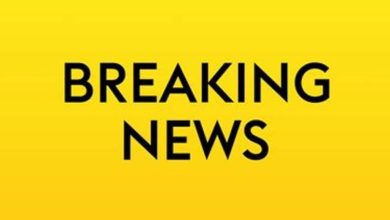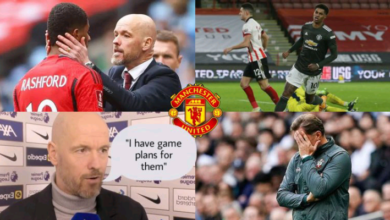
Barcelona’s contemplation of acquiring David de Gea via a free transfer seems to stem from a strategic evaluation, influenced by their financial limitations and the imperative need to reinforce their squad with seasoned professionals. De Gea, who has been unattached since his departure from Manchester United last summer, brings a wealth of experience from competing at the highest level, a quality that Barcelona values.
The club’s financial constraints, underscored by minimal expenditures during the previous transfer window, dictate a prudent approach to player acquisitions. Opting for a free transfer such as De Gea aligns with Barcelona’s current fiscal framework, enabling them to fortify their squad without incurring substantial financial burdens.
De Gea’s extensive tenure at Manchester United, during which he often served as a linchpin, underscores his reliability and adaptability. Despite recent criticism following the FA Cup final defeat to Manchester City, his track record reflects resilience and competence, attributes that could greatly benefit Barcelona. Moreover, his seasoned presence could offer stability and guidance, particularly if there’s potential interest in transferring the current backup goalkeeper, Inaki Pena.
Considering the goalkeeping department, with Marc-Andre ter Stegen as the incumbent starter and speculation surrounding a possible move to the Saudi Pro League, De Gea’s addition could provide valuable depth. He could seamlessly slot in as a dependable backup or even challenge for the starting position, ensuring that Barcelona maintains a seasoned goalkeeper in their ranks.
However, amidst these potential advantages, certain challenges and considerations arise. Chief among them is defining De Gea’s role within the team structure.
Initially, it’s anticipated that De Gea would assume a backup role to Ter Stegen, necessitating careful management given De Gea’s accustomedness to being a regular starter throughout much of his career. However, his willingness to adapt to this potential shift in responsibility could facilitate a smoother transition within the team dynamic.
Considering De Gea’s recent performance and subsequent criticism, it’s imperative to contextualize his overall track record. While his most recent competitive outing was marred by scrutiny, Barcelona could potentially provide an environment conducive to De Gea rediscovering his form and confidence.
The addition of De Gea to the squad may disrupt the current goalkeeping hierarchy, particularly with the emergence of Inaki Pena. Balancing the integration of De Gea while nurturing squad harmony will be paramount for Barcelona’s management.
In conclusion, securing the services of David de Gea could prove to be a shrewd maneuver for Barcelona, presenting a blend of experience and dependability without imposing significant financial strain. Amidst the club’s financial challenges, such a strategic acquisition holds the promise of fortifying the goalkeeping department with much-needed depth and stability. This potential deal exemplifies the intricate nature of football transfers, as clubs navigate the dual pressures of financial constraints and competitive demands. If finalized, it could offer De Gea a valuable opportunity to continue performing at the highest level while contributing to Barcelona’s ongoing quest for competitiveness and success.




